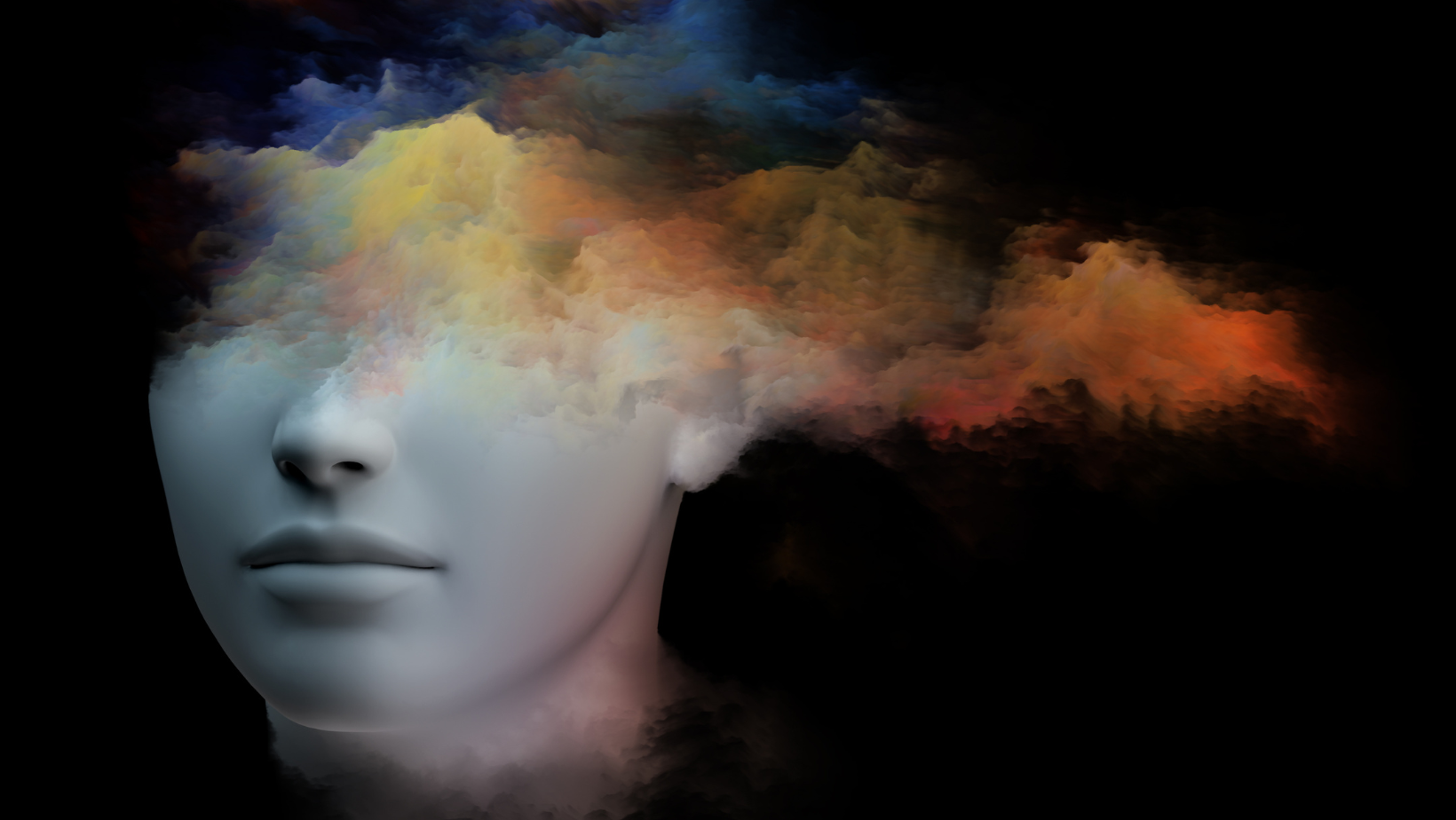
Mindfulness is the practice of keeping our minds in the present, moment by moment. When we are present, rather than just here, we don’t just see, we perceive. Being present affects everything we do, and it has an impact on every interaction we have with others.
Our minds build habits. Depending on our life’s experiences we tend to reflect on the past and future, fueled by our fears and desires, memories and imagination. That leaves very little time to spend on being fully present.
When you add in the use of smartphones and the higher levels of daily stress in our modern day lives, it becomes obvious why most people need to practice mindfulness at times during the day.
Do you know who Thich Nhat Hanh is? He is the Monk Who Taught the World Mindfulness. He is quoted by Presidents and hailed by Oprah Winfrey as “one of the most influential spiritual leaders of our times”
In the West, Nhat Hanh is sometimes called the father of mindfulness. He famously taught that we could all find happiness in the simple things—in mindfully peeling an orange or sipping tea. “A Buddha is someone who is enlightened, capable of loving and forgiving,” he wrote in Your True Home, one of more than 70 books he has authored. “You know that at times you’re like that. So, enjoy being a Buddha.”
In 1966, as the war escalated in Vietnam, he toured the world to advocate for peace only to find himself exiled from his home country. The next time Nhat Hanh saw Vietnam was during a visit in 2005.
His reputation grew in exile. Hippies set his anti-war poetry to music. In 1967, he was nominated by Martin Luther King Jr. for the Nobel Peace Prize, and in 1969 he headed a Buddhist delegation to the peace talks in Paris. He eventually based himself in southwest France, where he established the Plum Village Buddhist monastery into Europe’s largest center, and established eight others from Mississippi to Thailand. He oversaw the translation of his books into more than 30 languages. When Western interest in Buddhism went through a revival at the turn of the century, Nhat Hanh became one of its most influential practitioners.
Nhat Hanh taught that you don’t have to spend years on a mountaintop to benefit from Buddhist wisdom. Instead, he says, just become aware of your breath, and through that come into the present moment, where everyday activities can take on a joyful, miraculous quality. If you are mindful, or fully present in the here and now, anxiety disappears and a sense of timelessness takes hold, allowing your highest qualities, such as kindness and compassion, to emerge. What an incredible message and lesson for life.
His approach to mindfulness was highly appealing to Westerners seeking spirituality but not the trappings of religion. Burned-out executives and recovering alcoholics flocked to retreats in the French countryside to listen to Nhat Hanh. An entire mindfulness movement sprang up in the wake of this dharma superstar.
Among his students was the American doctor Jon Kabat-Zinn, founder of the Mindfulness Based Stress Reduction course that is now offered at hospitals and medical centers worldwide. Today, his teachings are featured in 2,450 meditation centers and in thousands of books, apps and online courses. One survey found that 35% of employers have incorporated his mindfulness techniques into the workplace.
Nhat Hanh’s approach has been commercially successful partly because it makes few demands, at least of beginners—unlike the more rigorous meditation advocated by that other great exponent of Buddhism in the West, the Dalai Lama. Thich Nhat Hanh provides a simple version of Buddhism, but it is not oversimplified.
Here are two of his quotes,
“There is no way to happiness – happiness is the way.”
“When another person makes you suffer, it is because he suffers deeply within himself, and his suffering is spilling over. He does not need punishment; he needs help.”
P.S. Our TIPP method helps you move past subconscious trauma, live more presently and improve your performance on all levels…physically, mentally and emotionally. Check out the science behind this cutting edge mindfulness program HERE.